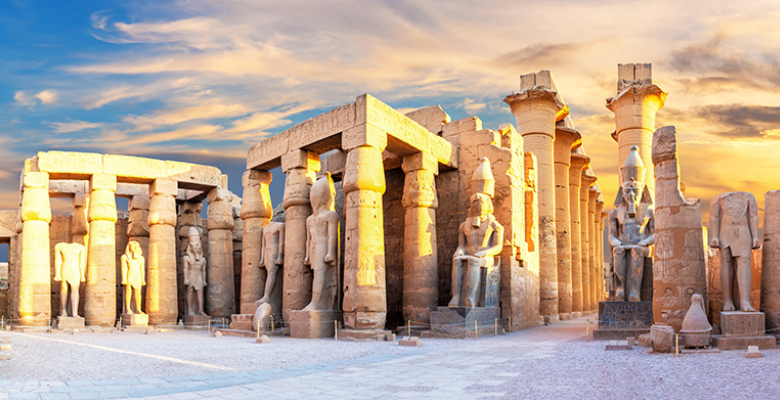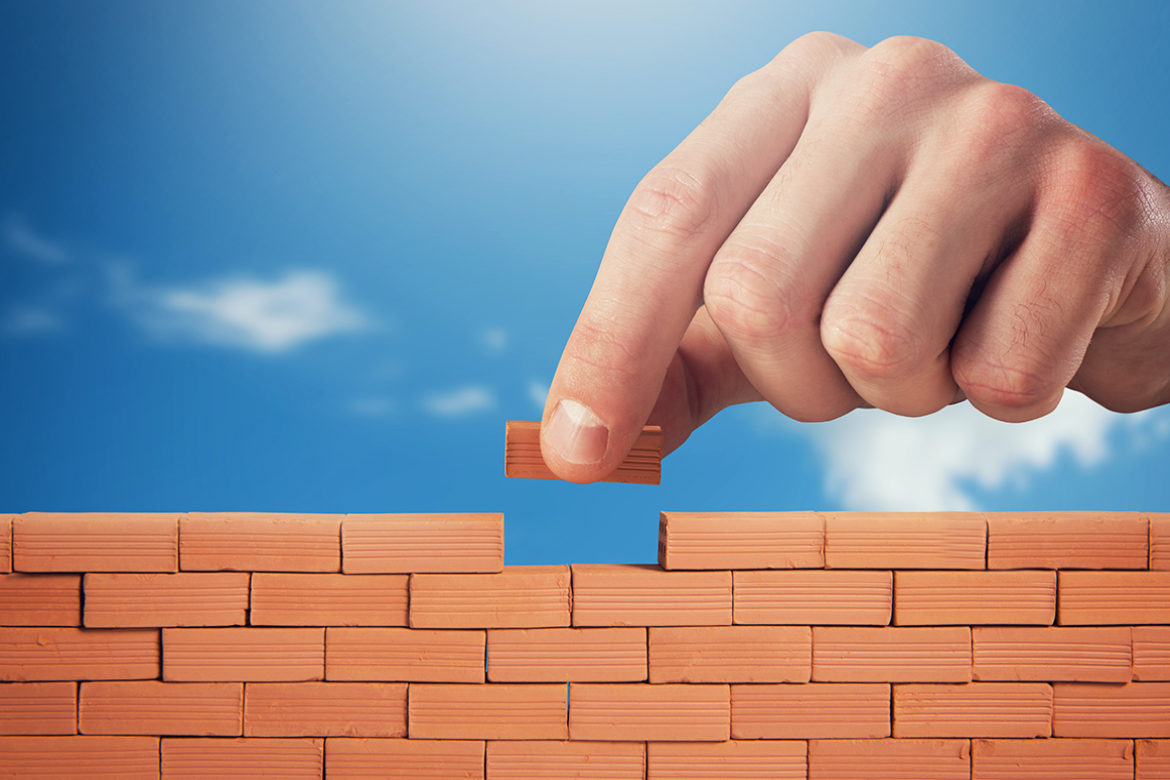What do anti-Semitic dictators and genuine tzaddikim have in common? They have an excellent grasp of how mighty the Jewish people are!
“[The Israelites] built the cities of Pitom and Ramses as supply centers for Pharaoh…[The Egyptians] made the lives of [the Israelites] miserable with harsh labor involving mortar and bricks…intending to break them” (Exodus 1:11, 14).
“I [Reb Noson] heard that [Rebbe Nachman] once said to his chassidim, ‘Why do you have to worry? All you have to do is bring the bricks and the mortar. With that, I’ll build glorious, majestic buildings.’ [Reb Noson comments: The Rebbe meant, all we need to do is simply involve ourselves in serving God with Torah study, prayer and mitzvahs, and he makes with that whatever he makes. He very much drew out the word ‘buildings’ in order to stress how beautiful and majestic these buildings are.]”
Riddle: What do anti-Semitic dictators and genuine tzaddikim have in common? They have an excellent grasp of how mighty the Jewish people are. Of course, they understand that might differently, and try to direct it towards very different ends, but they have no doubt that it is real. Pharaoh warns his subjects that the Israelites (aka Jews) are a potential fifth column and says, “[They will] war with us, and rise out of the earth” (Exodus 1:10). A tzaddik could use almost the very same worlds and tell his community, “If we battle the Egyptian influence that envelops us, we will rise above our attachment to the physical and material trappings of this world.”
All you have to do is bring the bricks and the mortar. With that, I’ll build glorious, majestic buildings!
There are, of course, many, many differences between how anti-Semitic dictators and tzaddikim work. For example, Pharaoh, because he is afraid of Jewish influence, wants to subjugate the Jews and have them build entire cities that will strengthen and enrich Pharaoh, but endanger and impoverish them.* He lets them know what they are building, for whom and why, in order to break their spirits as well as their bodies.
The tzaddik, on the other hand, is afraid that Jews will not fully use their influence! So he motivates them. “I know that you do not see or understand the ultimate greatness and importance of what you are you doing. But I do. Perhaps you think your contribution is meaningless, or the goal futile, or the master selfish. Not so. What I am building is beautiful beyond description. Its function can, at best, only be hinted to. It benefits all of us.

The Israelites built the cities of Pitom and Ramses as supply centers for Pharaoh…
“But I cannot build it alone. We must work together. I need you. You must bring the ‘bricks’—the mitzvahs, Torah, prayer, charity, kindness and the rest—and the ‘mortar’— the beliefs and attitudes that hold them all together, like faith in God and in His tzaddikim, humility and love for your fellow Jew. I will put it all together.”
On the verse “A human being is born to toil” (Job 5:7), our Sages comment, “Fortunate is the one who toils in Torah” (Sanhedrin 99b)—in its study and in its observance. It was no big honor to be Pharaoh’s slave. The Egyptians were equal-opportunity enslavers. It is a great honor to enlist and assist the tzaddikim, even in the smallest way, in their work. It is the greatest honor to be a Jew, to be part of the people whose mission is to nourish, better and fashion the world, the people about whom the Creator says, “Yisrael in whom I take pride” (Isaiah 49:3).
* The Midrash on Exodus 1:11 says that the Hebrew word miskenot (translated here as “supply centers”) is related to the words sakanah, danger, and misken, indigent (Shemot Rabbah 1:14).
(Based on Chayey Moharan (Tzaddik) #293)

